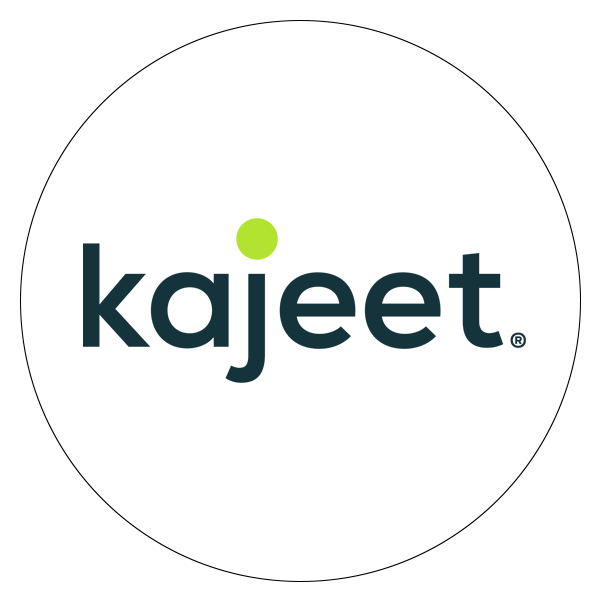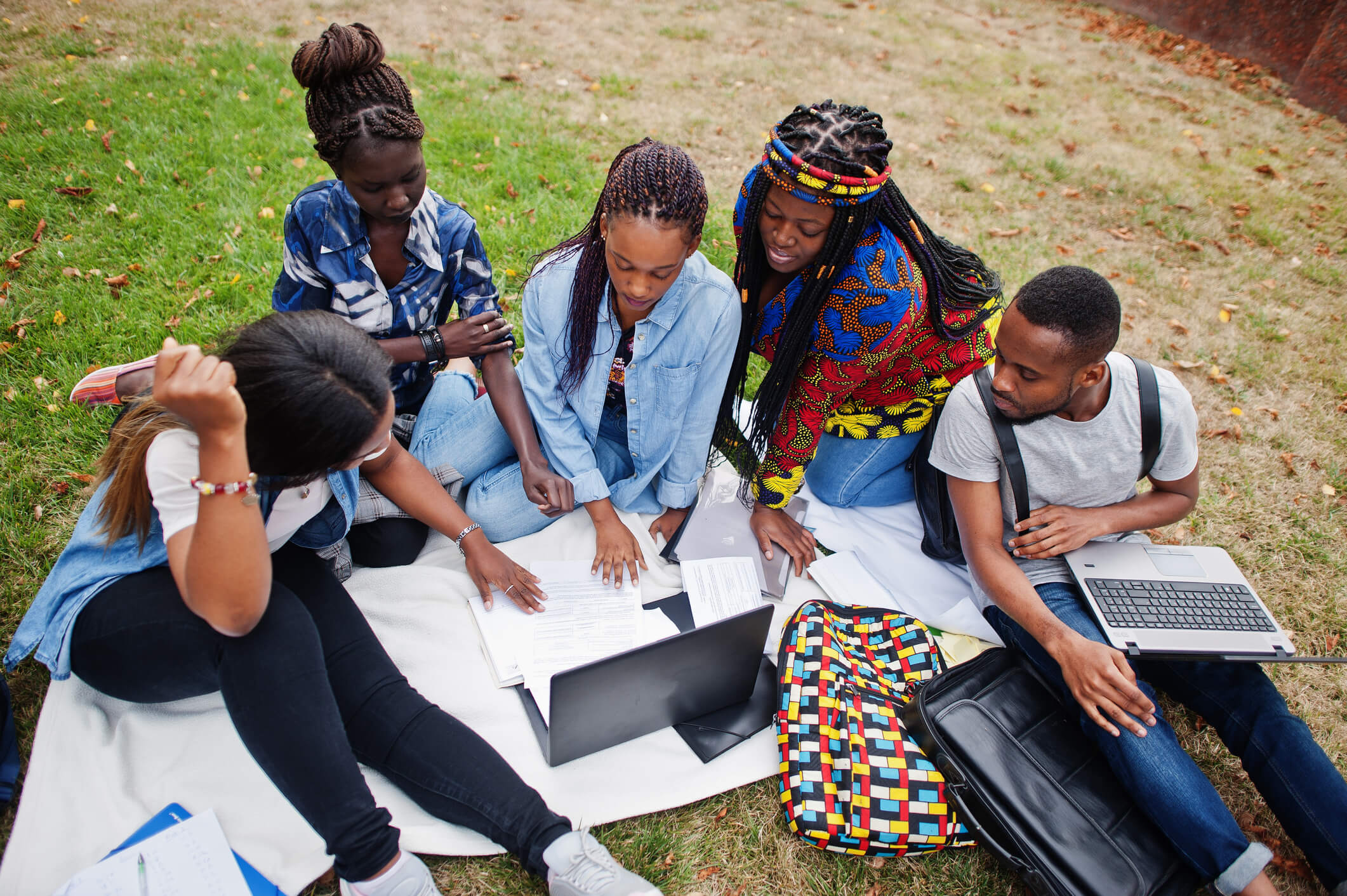Historically Black Universities and Colleges (HBCUs), starting with the oldest institute (now Cheyney University) in 1837 in Pennsylvania, had the mission to uplift African-Americans. From the beginning, HBCUs cultivated a culture of accepting African Americans as equal citizens who flourish with access to education and skills development, preparing them for gainful employment. Quaker philanthropist Richard Humphrey provided the initial seed money to form Cheyney University.
HBCUs continued to attract African American students, and increasingly those from other minority groups, even after the Civil Rights Act of 1964 opened the gamut of options for higher education for later generations of their communities. Their cultural milieu and socially hospitable environment attract students who thrive in an environment of belongingness.
The Covid-19 inflection point has encouraged new generation philanthropists to fund digital programs for the upliftment of the African American community. Like Richard Humphrey in the past, deep-pocket sponsors from the high-tech industry have been investing in building online education programs, skills development, and economic development in HBCUs and non-profit institutions. Additionally, they seek to imbue their programs with the spirit of HBCUs—communal bonds and a feeling of belonging—to complete projects effectively.
One of the leading hubs for executing the programs to uplift the HBCU community is the Propel Center. It invests in programs to transform classrooms with interactive and immersive digital technologies. For example, virtual reality simulations elevate the pace of learning by 76 percent, and 100 percent when combined with classroom learning. Clark Atlanta University, one such HBCU, is partnering with EON Reality to make interactive learning and job training content of the Knowledge Metaverse available on the cloud. Since the virtual world interacts with the real in the meta world, students gain valuable job skills. According to a 2021 study by PwC, 40 percent of VR learners are more confident in applying their knowledge.
High-speed and broadband connectivity is crucial for interactive digital education and training with technologies like virtual reality and the meta world. Likewise, ubiquitous wireless connectivity on HBCU campuses is critical to make the digital content available in neighboring communities at no extra cost. However, access to low-cost and high-quality broadband remains a gap for HBCU communities.
The Covid health crisis exposed the long-simmering issue of missing broadband connectivity of HBCUs and neighboring communities. Once again, access to education and training was closed due to decades of underfunding broadband coverage. They needed connectivity without the burdensome costs of wired connections. In contrast to the majority-white tracts with an average broadband adoption rate of 83.7%, the comparable figure for the majority-Black neighborhoods (more than 50% Black residents) had a broadband adoption rate of just 67.4%.
For the young graduates of HBCUs and the neighboring communities, broadband access is also the gateway to job opportunities listed on recruitment sites. Those earning less than $20,000 have a broadband penetration rate of 62% and 83% for those earning $20,000 to $74,999.
It will not be possible to close the gap rapidly with wired connectivity. Instead, modern wireless networks can make broadband connectivity available faster. Furthermore, Private 5G wireless networks can cover the HBCU campuses and the neighboring communities with a shared subscription for streaming digital education content and interactive academic and social services.
Interactive and immersive education will be available in the well-endowed HBCUs and across all of them with scalable platforms. HBCUv, for example, connects multiple HBCUs and provides a remote learning hub with a shared pool of content for students and faculty across the country. By converging the private wireless networks with public cellular networks, HBCUs can expand wireless connectivity indoors and outdoors, including in homes, campuses, workplaces, restaurants, and vehicles. For first-generation students, who typically work and learn, the convenient access to networks is motivation to complete college and gain new skills.
HBCU campuses can be the focal point for the nationwide upliftment in metropolitan and rural areas. 81% of HBCUs are in neighborhoods where the median wage is below the national average. The culture of HBCUs helped their students not only to graduate but also to prosper after that. Their virtual collaboration and frequent community interaction help overcome social problems impeding progress. Remarkably, HBCUs have graduated 40% of all Black engineers, 40% of all Black US Congress members, 50% of all Black lawyers, and 80% of all Black judges. Such a vast pool of talent is an untapped asset for improving the standards of living in their community.
Customizable Private 5G networks can play a crucial role in building bonds with communities by designing networks for each community’s needs for networking, social interactions for finding solutions, and sharing information on opportunities. In addition, it accommodates a wide range of high-bandwidth video collaboration with the community for establishing rapport and interactive human communications. Private wireless networks can also intersect with public cellular networks to make remote education and social services widely available across communities with a shared culture.
Furthermore, entrepreneurship and business generation are a sure way to boost living standards. Compared to 47% of non-HBCUs, 65% of HBCUs are in geographic areas where past and projected net job growth is slower than average. HBCUs are now beneficiaries of entrepreneurship programs initiated by The Propel Center. The Atlanta University Center (AUC) is The Propel Center’s innovation campus to cultivate tech talent within the country’s 100+ HBCUs, including an accelerator.
Private wireless connectivity helps to bring together HBCUs nationwide to tap into expertise and counseling for increasing start-ups’ success rates and scaling them for job growth.
Overly expensive traditional college and graduate education has diminished their value to the underprivileged. Students with limited financial resources opt for trade schools to avoid student debt. If the American dream is to benefit all, higher education needs a new digital learning model to remain relevant for those on the other side of the digital divide. University education will be more attractive with an education that combines work and training. HBCUs are helping by establishing seedbeds of entrepreneurship and innovation to propel living standards to higher levels in a shorter period.
Private wireless connectivity helps HBCUs significantly improve the economic well-being of graduates and neighboring communities by supporting them with new digital programs.


